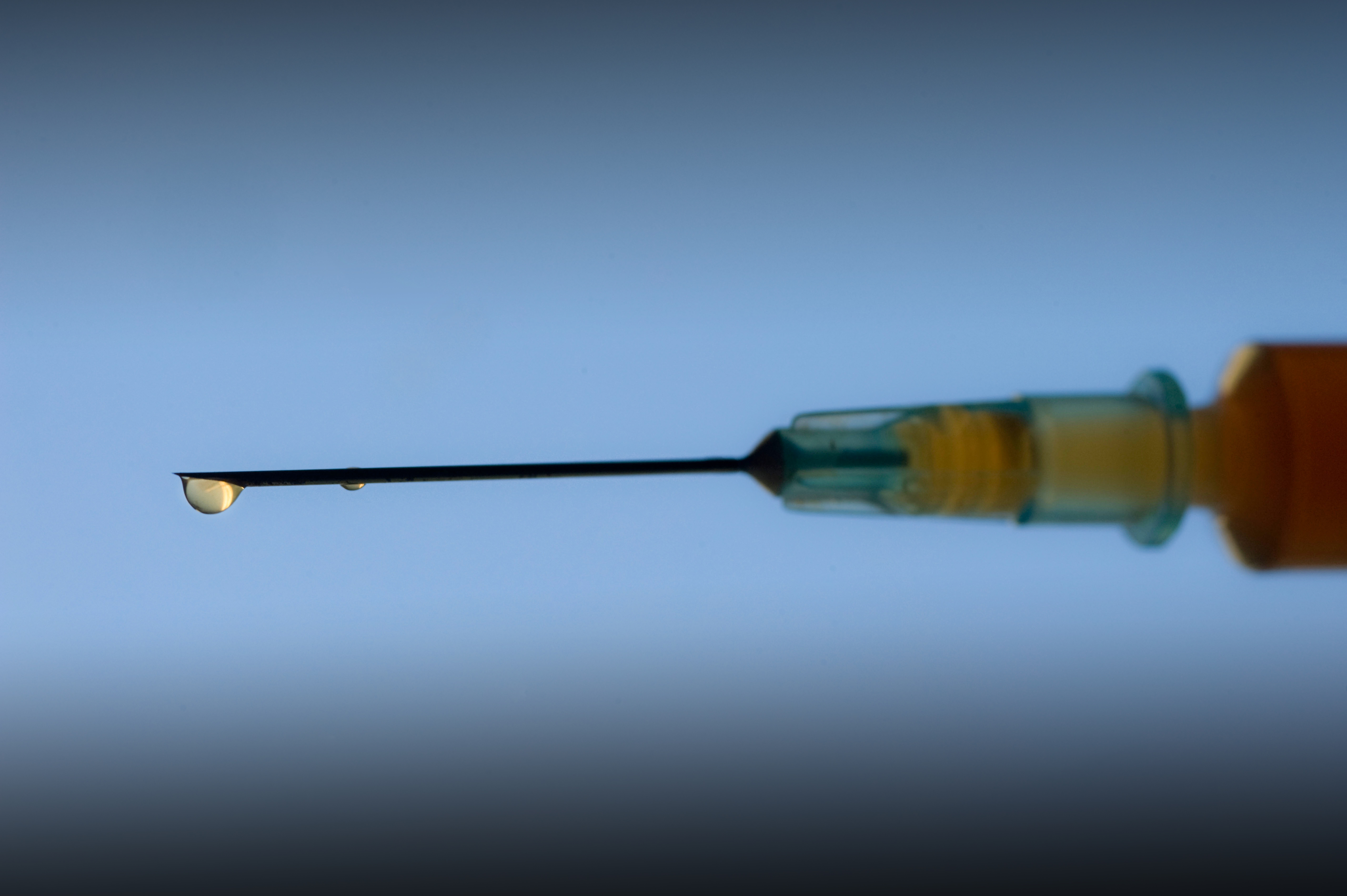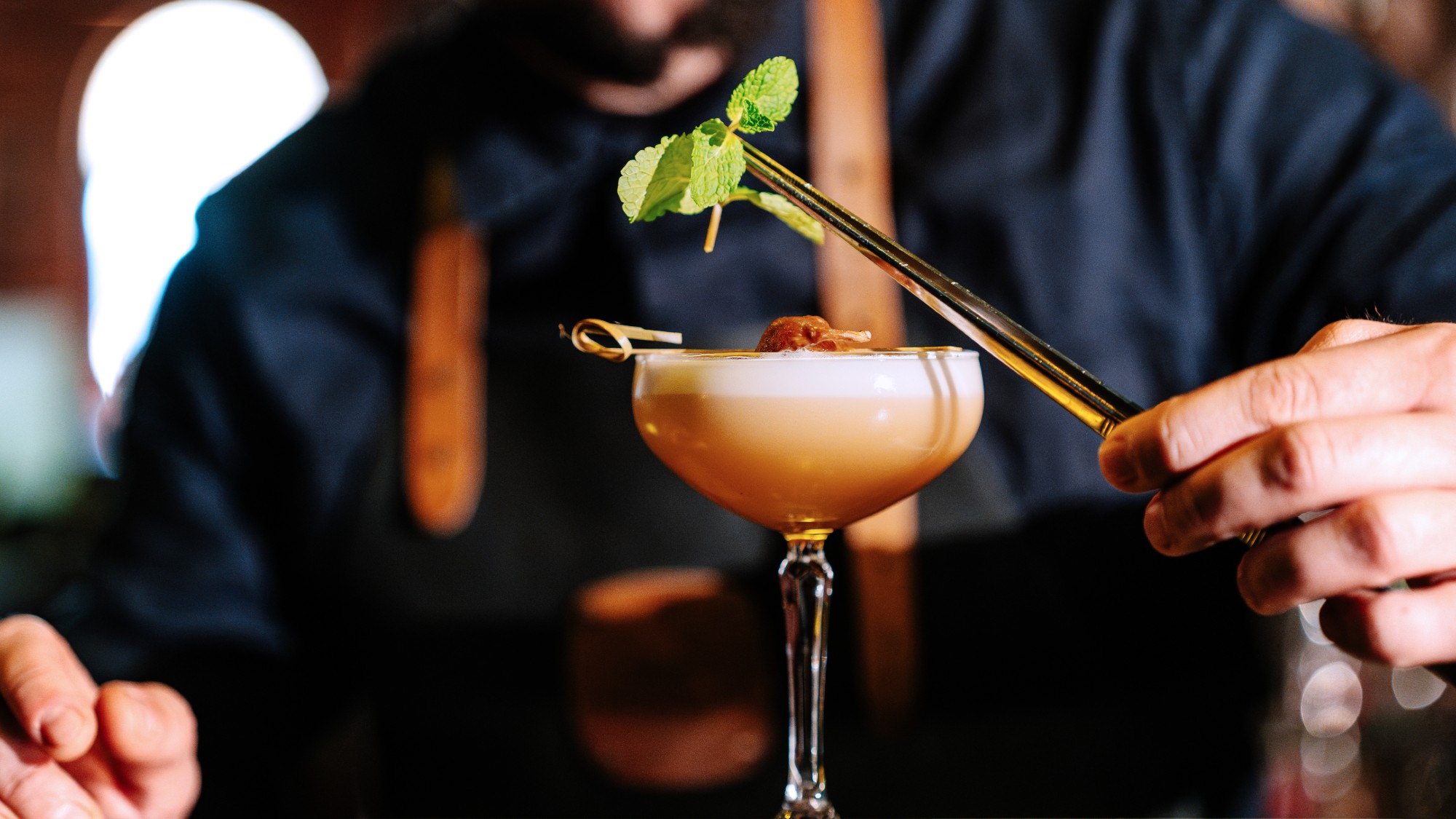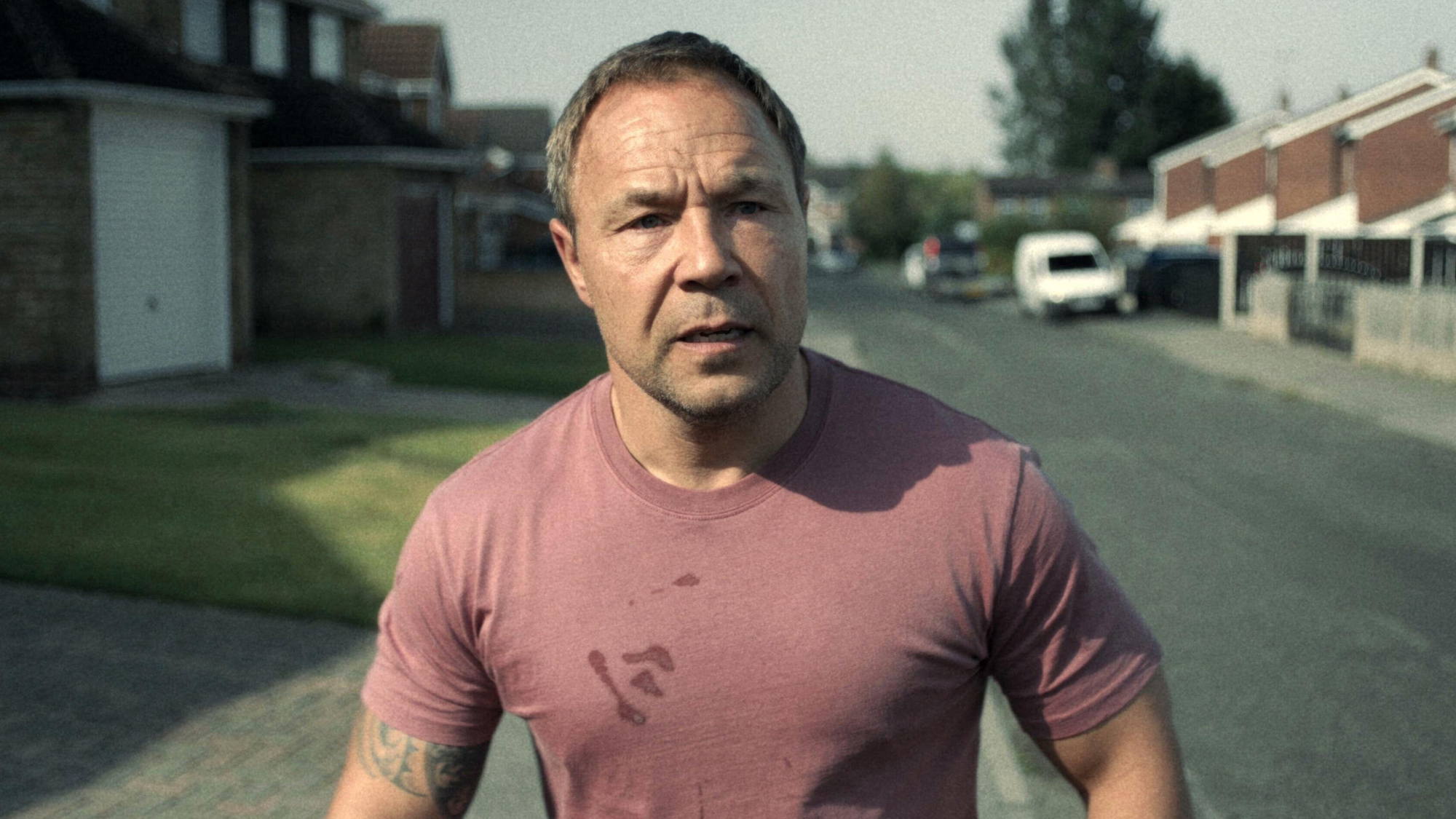America is suffering from a heroin epidemic. Donald Trump and Hillary Clinton don't seem to care.
There are millions of Americans who are touched by this scourge. It's time both Trump and Clinton spoke to their pain.


In May, police in Springfield, Massachusetts, seized 193 bags of heroin from two middle-aged dealers. The amount of heroin itself was a remarkable testament to how much heroin is flowing through the interior cities of New England. But there was something else remarkable about this heroin. It was branded with the face of Donald Trump.
Trump-branded heroin has been found throughout the Northeast, and this fact got a little cultural buzz during the spring. News publishers know which small-town disasters play for big laughs. And what's more pleasing to discover over your morning latte than that the kind of losers and wastoids that get into heroin these days are also fans of the candidate you hate. Unfortunately, the laughs obscure a deeper problem: Our political class is largely ignoring what amounts to a nationwide drug epidemic every bit as serious as the 1980s crack epidemic.
There was only a moment or two when America's heroin problem, which largely affects white rural and suburban voters, was addressed at all by Hillary Clinton and Donald Trump. During the New Hampshire primary, Trump referred to how often the heroin epidemic was brought up in the state. Naturally, he said that his border wall would do the job of solving it. "Unbelievable. It's always the first question I get, and they have a problem all over. And it comes through the border," he said.
The Week
Escape your echo chamber. Get the facts behind the news, plus analysis from multiple perspectives.

Sign up for The Week's Free Newsletters
From our morning news briefing to a weekly Good News Newsletter, get the best of The Week delivered directly to your inbox.
From our morning news briefing to a weekly Good News Newsletter, get the best of The Week delivered directly to your inbox.
Clinton also addressed the heroin epidemic when in New Hampshire, with an op-ed in the Union Leader. "It's time we recognize as a nation that for too long, we have had a quiet epidemic on our hands," she said. "Plain and simple, drug and alcohol addiction is a disease, not a moral failing — and we must treat it as such."
Clinton's op-ed came with a fully drafted policy proposal for addressing America's drug problems. It included $7.5 billion of federal and state spending. This spending was slightly inflated, with the usual federal inducements of matching dollars to state commitments, and states bringing their own addiction and recovery services up to snuff. It is the sort of thing a set of ambitious policy interns can draw up over a long evening of takeout pizza and diet soda. However, without a sense of urgency or Congressional demands for it, the plan amounts to just one more instance of micro-targeted advertising. It is a way of getting a few more people whose lives have been touched by heroin to get excited for Hillary.
And that is one of the missed opportunities of this general election campaign. America's heroin epidemic got a few dutiful mentions in the primaries, and has since been passed over, almost in silence.
Donald Trump's candidacy, for all its floundering, has put the economic hardships of white working class communities to the forefront of the political class' mind. It has done so because Trump's candidacy itself is a way for the white working class to trouble their rulers in Washington and New York. In response, Republican senators have been quietly soliciting policy-thinkers and journalists for the best ideas on how to address the troubles of the white working class. They must do so or risk seeing their party ruined by more frequent voter rebellions.
A free daily email with the biggest news stories of the day – and the best features from TheWeek.com
Even in the terms of crass political calculation, both candidates have an incentive to talk about heroin. First for Donald Trump, it would give some heft to his intuitions for a more effective and more paternalistic federal government that tried to solve America's problems. It would re-double the effect of his economic nationalism and his campaign promise to look after the issues of the "forgotten man." Who is more forgotten than the pain-addled and addicted spread throughout the great Appalachian ghetto or the mid-Plains states?
For Hillary Clinton, the calculation is also obvious. It would demonstrate the Democrats' traditional solicitousness toward the downtrodden and marginal. It would re-affirm the Democrats not just as the competent party, but as the party that is willing to say: "I feel your pain."
Drug overdoses outstrip car crashes as the leading cause of accidental deaths in the nation. The numbers would be much worse if not for incredible improvements in EMS response time and medical advances. The CDC estimates that over half a million Americans have an opioid abuse problem involving heroin. And many times that number feel a chronic need for other opioid pain relievers.
America's heroin addiction is so out of control, that even cash strapped newspapers in the heartland, like The Cincinnati Enquirer, have created a position for a heroin beat-reporter. Terry DeMio, who handles the Enquirer's beat, has spent the week chronicling a terrible development, a huge surge in overdose deaths in and around Cincinnati, related to a very cheap and very powerful synthetic heroin that seems like it is being market-tested in the city.
The unintended consequences of America's previous efforts in the war on drugs weigh heavily on our political class now. So it is understandable that no one is interested in overpromising. But there are millions of Americans who are touched by this epidemic. They barely know where to go for resources to help their loved ones. They don't know what language to even use when describing what is happening to their communities. It's time both Trump and Clinton gave them something.
Michael Brendan Dougherty is senior correspondent at TheWeek.com. He is the founder and editor of The Slurve, a newsletter about baseball. His work has appeared in The New York Times Magazine, ESPN Magazine, Slate and The American Conservative.
-
 7 bars with comforting cocktails and great hospitality
7 bars with comforting cocktails and great hospitalitythe week recommends Winter is a fine time for going out and drinking up
-
 7 recipes that meet you wherever you are during winter
7 recipes that meet you wherever you are during winterthe week recommends Low-key January and decadent holiday eating are all accounted for
-
 Nine best TV shows of the year
Nine best TV shows of the yearThe Week Recommends From Adolescence to Amandaland
-
 Bari Weiss’ ‘60 Minutes’ scandal is about more than one report
Bari Weiss’ ‘60 Minutes’ scandal is about more than one reportIN THE SPOTLIGHT By blocking an approved segment on a controversial prison holding US deportees in El Salvador, the editor-in-chief of CBS News has become the main story
-
 Has Zohran Mamdani shown the Democrats how to win again?
Has Zohran Mamdani shown the Democrats how to win again?Today’s Big Question New York City mayoral election touted as victory for left-wing populists but moderate centrist wins elsewhere present more complex path for Democratic Party
-
 Millions turn out for anti-Trump ‘No Kings’ rallies
Millions turn out for anti-Trump ‘No Kings’ ralliesSpeed Read An estimated 7 million people participated, 2 million more than at the first ‘No Kings’ protest in June
-
 Ghislaine Maxwell: angling for a Trump pardon
Ghislaine Maxwell: angling for a Trump pardonTalking Point Convicted sex trafficker's testimony could shed new light on president's links to Jeffrey Epstein
-
 The last words and final moments of 40 presidents
The last words and final moments of 40 presidentsThe Explainer Some are eloquent quotes worthy of the holders of the highest office in the nation, and others... aren't
-
 The JFK files: the truth at last?
The JFK files: the truth at last?In The Spotlight More than 64,000 previously classified documents relating the 1963 assassination of John F. Kennedy have been released by the Trump administration
-
 'Seriously, not literally': how should the world take Donald Trump?
'Seriously, not literally': how should the world take Donald Trump?Today's big question White House rhetoric and reality look likely to become increasingly blurred
-
 Will Trump's 'madman' strategy pay off?
Will Trump's 'madman' strategy pay off?Today's Big Question Incoming US president likes to seem unpredictable but, this time round, world leaders could be wise to his playbook
